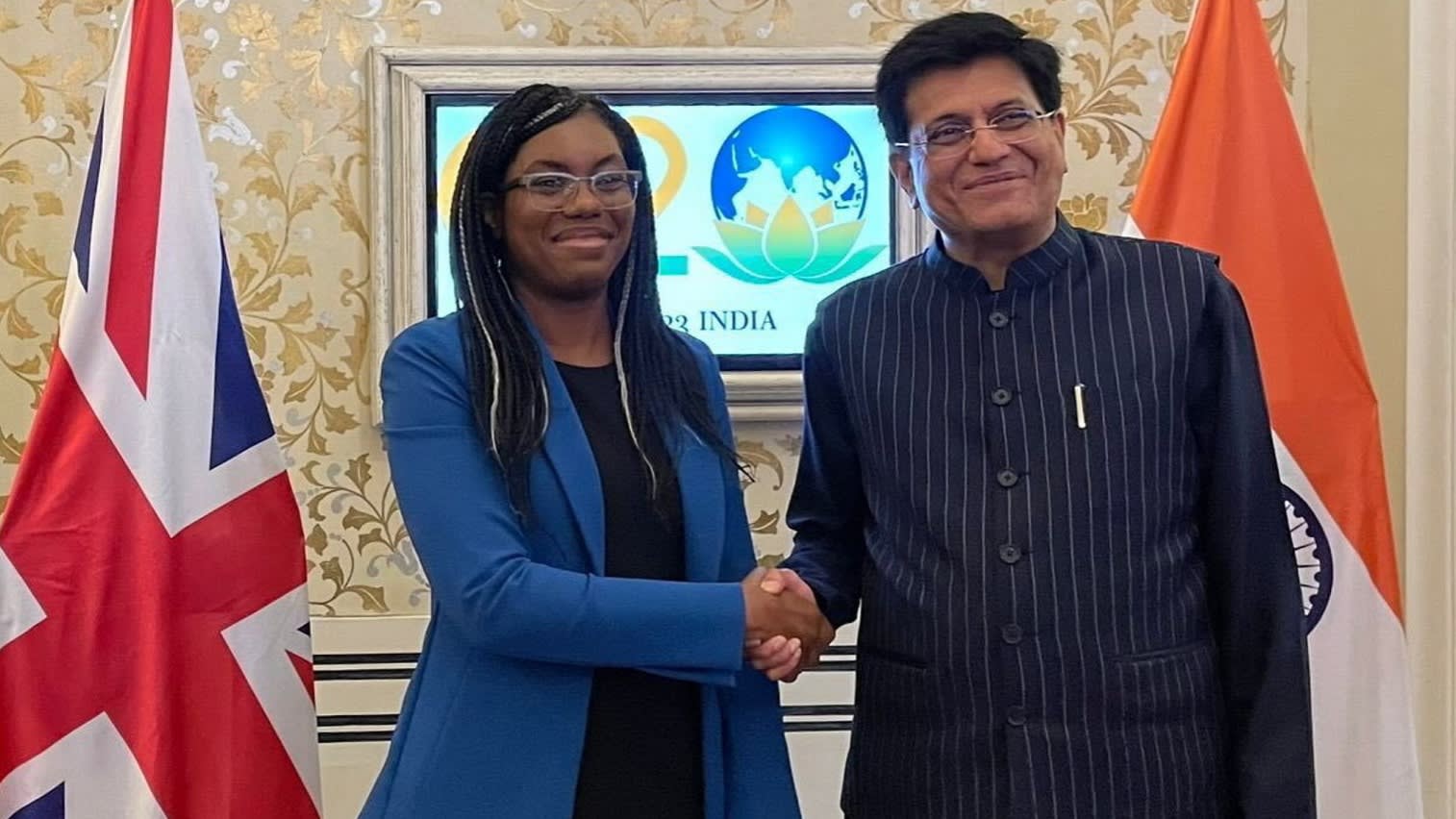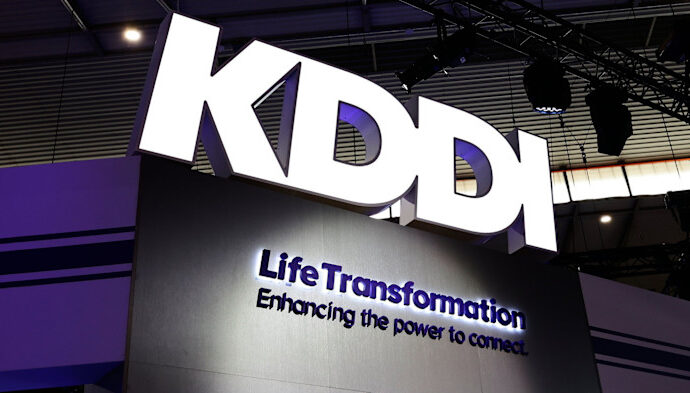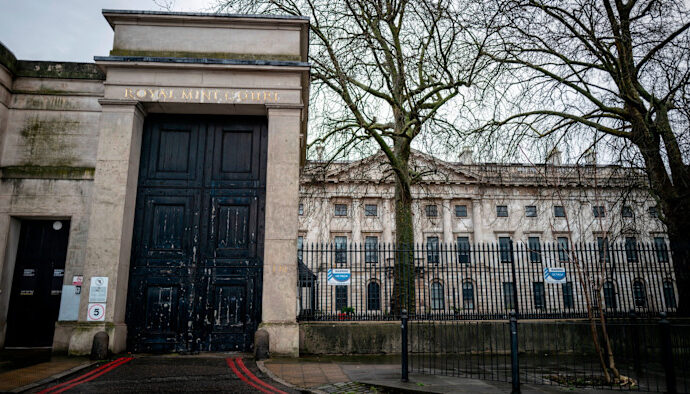
Unlock the Editor’s Digest for free
Roula Khalaf, Editor of the FT, selects her favourite stories in this weekly newsletter.
Conservative leader Kemi Badenoch has been accused by Indian officials of talking “rubbish” after she denounced the “two tier” tax arrangement at the heart of the UK/India trade deal negotiated by Sir Keir Starmer.
New Delhi officials insist Badenoch agreed the principle of giving Indian employees in the UK relief from Britain’s national insurance levy during her time as business and trade secretary in the last Tory government.
“It’s amazing,” said one senior Indian official. “It was on the table when she was trade secretary.”
Britain offered Indian workers a two-year national insurance carve out while Badenoch was in charge of trade talks but India wanted a four-year exemption, according to New Delhi officials. Starmer agreed a three-year compromise in the deal unveiled on Tuesday.
“The Tories offered us two years but we said it wasn’t enough,” the Indian official said. “They put it on the table. We wanted more than three, but the principle had already been conceded in return for some gives on our sides on services.”
Indian officials say the trade deal was “95 per cent done” while Badenoch was business secretary in Rishi Sunak’s government, but negotiations were paused because of elections in both countries.
Badenoch has strongly criticised the national insurance element of the trade deal. “This is two-tier taxes from two-tier Keir,” she tweeted, adding that she refused to sign the deal.
Badenoch’s spokesman denied the Indian account of the NI negotiations, saying: “The Indians put it on the table and Kemi said No. Hence why we didn’t sign the deal.
“Kemi’s first principle with trade deals was they should be goods and services and nothing on immigration, beyond very short, time-limited business mobility visas.”
India pushed hard during the three-year long negotiations for the “Double Contribution Convention”, which will give Indian employers in the UK relief from Britain’s 15 per cent national insurance levy paid by companies.
The deal to avoid double taxation also covers NI contributions paid by employees, with New Delhi estimating it will cut costs for companies employing Indian workers posted to the UK by about 20 per cent.
Starmer said the double taxation deal was part of agreements Britain already had with 50 other countries and that the criticism was “incoherent nonsense”. He challenged Badenoch to say whether she would rip them up.
The prime minister told MPs: “The deal with India is a huge win for working people in this country.” He added: “It’s the biggest trade deal the UK has delivered since we left the EU.”
Badenoch did not raise the India trade deal at prime minister’s questions on Wednesday, with a number of senior Conservatives publicly endorsing the outcome of the discussions.
Following prime minister’s questions Badenoch’s spokesman called on the government to quickly publish a full impact assessment on both the cost of the double taxation agreement to the UK exchequer and the likely change in the number of Indian workers coming to the UK.
“There needs to be a full assessment of how much this will cost and how many people this will lead to,” Badenoch’s spokesman said.
Earlier Sir Oliver Dowden, former Tory deputy prime minister, welcomed the deal, writing on X that it “builds on significant progress made by the previous Conservative government”.
Sir Jacob Rees-Mogg, the Brexiter former business secretary, said on X: “Cheaper food and drink including rice and tea, footwear and clothing thanks to a welcome trade deal with India. Exactly what Brexit promised.”


